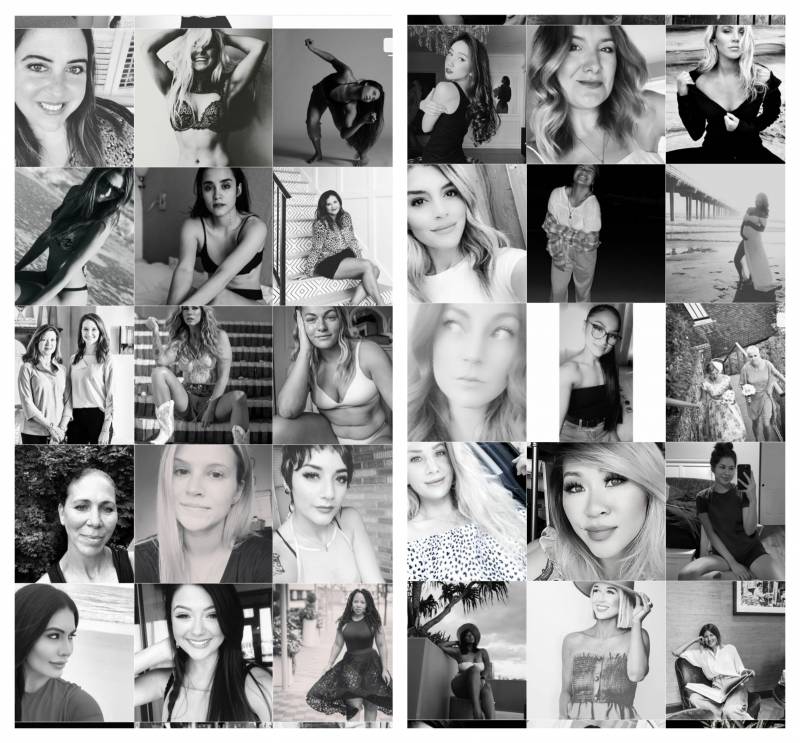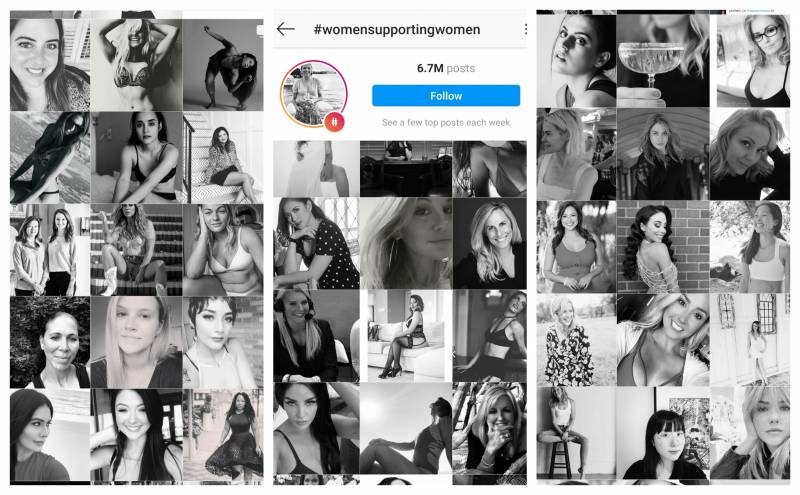I
f you’ve used Instagram even casually in the last 48 hours, you’ve seen them by now. Black-and-white selfies of women accompanied by the words “Challenge accepted,” along with the hashtags #womenempowerment and #womensupportingwomen.
 On initially encountering these images yesterday—especially with zero context—it was hard for me to fathom what the “challenge” was exactly. So I clicked on the hashtags in an attempt to find out, only to have my confusion compounded. I took the time to scroll through hundreds of tagged photos. And the only thing I felt challenged by was the narrowness of representation on display.
On initially encountering these images yesterday—especially with zero context—it was hard for me to fathom what the “challenge” was exactly. So I clicked on the hashtags in an attempt to find out, only to have my confusion compounded. I took the time to scroll through hundreds of tagged photos. And the only thing I felt challenged by was the narrowness of representation on display.
Occasionally Instagram’s algorithm would permit me to see a woman over a size 8 or the age of 45—but they were few and far between. There were some women of color featured, but overwhelmingly, it was a sea of whiteness. I counted only a few trans women and exactly zero with any visible disabilities. All of which sent a very unfortunate message about what kind of women deserve “support.”

Then this morning it became apparent that it wasn’t just diversity that had been buried on my Instagram feed—the more meaningful origins of the black-and-white challenge had been erased too. What is now a light-hearted expression of female solidarity in America was originally, in Turkey, a campaign inspired by both the soaring rates of violence against women and the brutal murder of a 27-year-old student named Pinar Gültekin.


